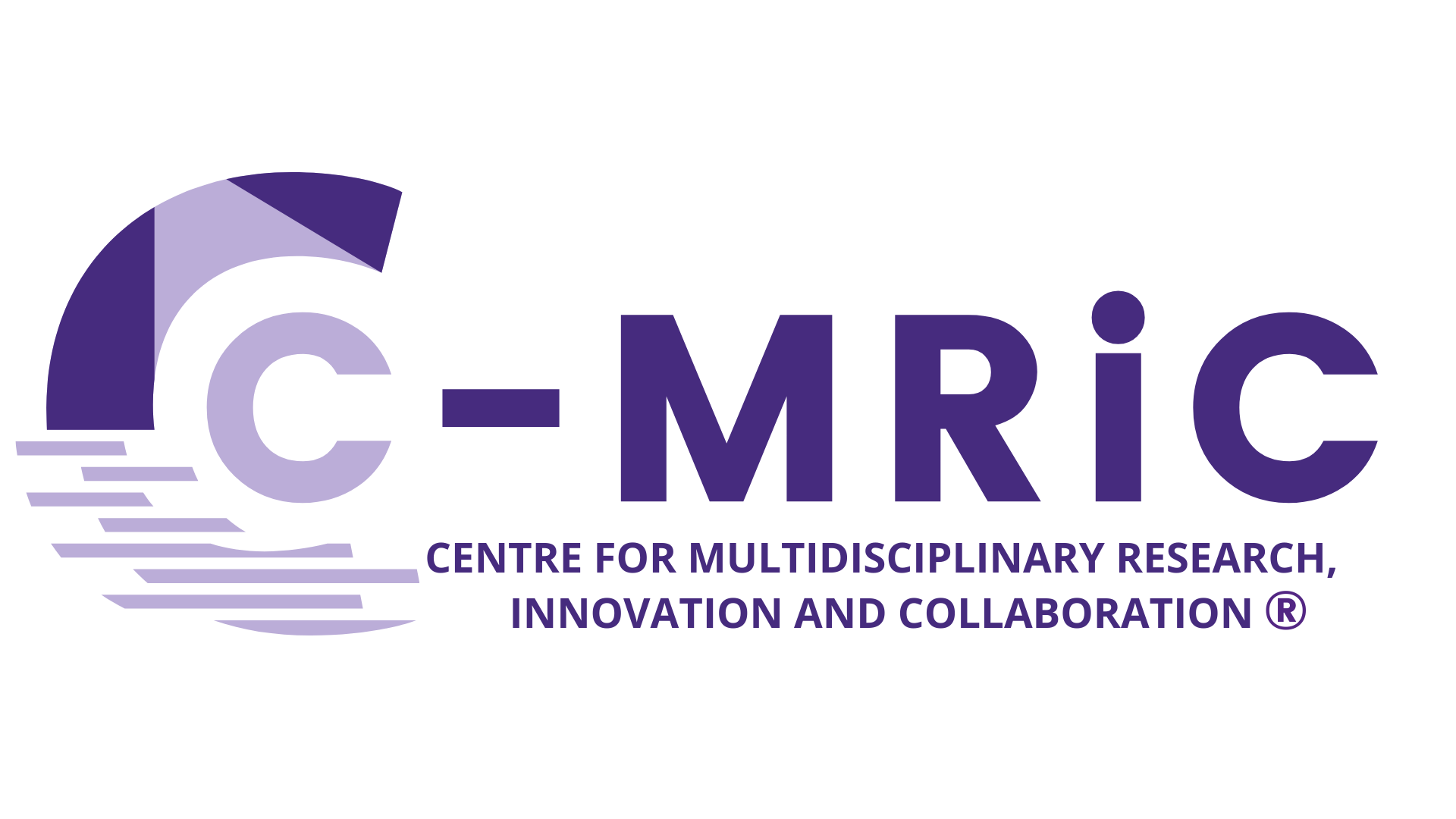Workshop
Workshop on Secure Software Engineering in DevOps and Agile Development (SecSE 2020) will be presented at the conference.
Posters & Presentations
Posters & Presentations will be presented virtually at the conference.
Industry
Industry track is available for discussing and publishing pilot and proof of concepts.
Work in Progress
Work in Progress track is available for preliminary work.
Research Ideas
Research Ideas track is available for ideas in early stages assessment.
PhD Seminar
PhD Seminar track is available for discussing and publishing early PhD thesis research.
